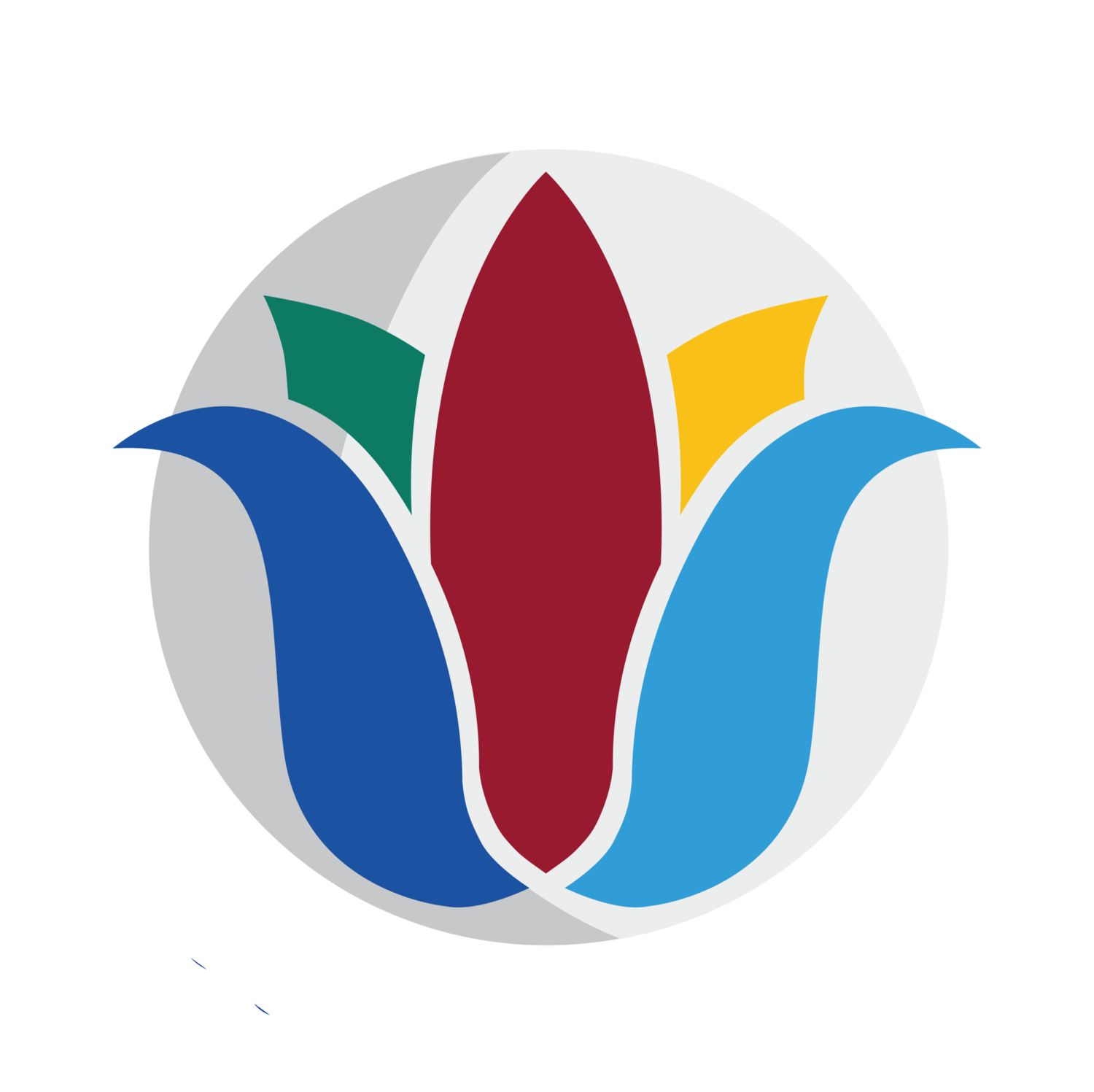Sen. Tina Smith Introduces Bipartisan Bill to Help Tribes Pursue Justice for Crimes of Sexual Violence Committed by Non-Indian Offenders.
Senator's "Justice for Native Survivors of Sexual Violence Act" Seeks Recourse for Victims of Sexual Assault, Trafficking, and Stalking Crimes
For Immediate Release:
July 17, 2018
Contact:
Molly Morrissey
molly@smith.senate.gov
202-224-9857
WASHINGTON [07/17/18]—U.S. Senator Tina Smith (D-Minn.)—a member of the Senate Indian Affairs Committee—has introduced bipartisan legislation to make sure tribes in Minnesota and across the country are able to prosecute crimes of sexual violence committed by non-Indian offenders.
According to the National Institute of Justice, over half of all Native American women—56 percent—and more than one in four men have experienced sexual violence in their lifetimes. And among those, almost all—96 percent of women and 89 percent of men—were victimized by a non-Indian offender. Yet, few survivors ever see justice.
The Justice for Native Survivors of Sexual Violence Act—introduced with Senate Indian Affairs Committee Vice Chairman Sen. Tom Udall (D-N.M) and Sen. Lisa Murkowski (R-Alaska)—aims to help survivors of sexual violence by allowing tribes to prosecute cases of sexual assault, sex trafficking, and stalking against non-Indian offenders.
You can read a summary of the bill here and access the text of the bill here.
“For a long time we’ve known that an alarming number of Native women and men endure sexual violence, and now we have the research to show the staggering occurrence of crimes of sexual violence committed by non-Native people in Indian Country. The federal government is failing Native survivors when it comes to prosecuting offenders,” said Sen. Smith. “If we want to support survivors in seeking the justice they deserve we can take an important step toward that goal by passing my bipartisan legislation.”
“Survivors of sexual violence in Indian Country deserve justice, but current federal law limits the abilities of tribes to fully prosecute these serious crimes,” said Sen. Udall. “This bipartisan legislation will restore needed jurisdiction to tribes and ensure that Native communities have the tools they need to keep families safe. I am glad to join with my colleagues on this bill, which, together with my Native Youth and Tribal Officer Protection Act, pushes forward this important component of tribal public safety.”
“National rates of sexual assault against Native people are staggeringly high. It is even more troubling that perpetrators aren’t pursued because of jurisdictional disputes among federal, state, local, and tribal law enforcement agencies,” said Sen. Murkowski. “This is a victims’ rights bill, making it clear that the tribes have jurisdiction to prosecute rapists and other perpetrators of sexual violence in Indian Country to ensure that justice for victims is not lost to loopholes in Indian law.”
“Too often victims of sexual violence in Indian Country never see justice. Our tribal citizens deserve better,” said Jacqueline Pata, Executive Director of the National Congress of American Indians. “This legislation will help ensure that tribal governments, just like state and local governments, are able to prosecute offenders who prey on their citizens.”
Outside of the limited special domestic violence jurisdiction granted to tribes under the Violence Against Women Act (VAWA) reauthorization in 2013, tribal governments do not have the ability to punish crimes of sexual violence committed by non-Indian offenders. Furthermore, federal consideration of these cases rarely results in prosecution. According to a report by the U.S. Government Accountability Office, between 2005 and 2009, federal prosecutors declined to pursue 67 percent of sexual abuse and related offenses in Indian Country.
This legislation expands upon the special domestic violence jurisdiction granted under the 2013 VAWA reauthorization to include all crimes of sexual violence. Sen. Smith’s legislation also eliminates a requirement that non-Indian offenders must have “sufficient ties” to the land to ensure all non-Indian offenders can be prosecuted for their crimes.
This legislation is supported by the National Congress of American Indians, Minnesota Indian Women’s Resource Center, Minnesota Indian Women’s Sexual Assault Coalition, Minnesota Coalition Against Sexual Assault, and Minnesota Coalition for Battered Women.
You can read a summary of the bill here and access text of the bill here.









